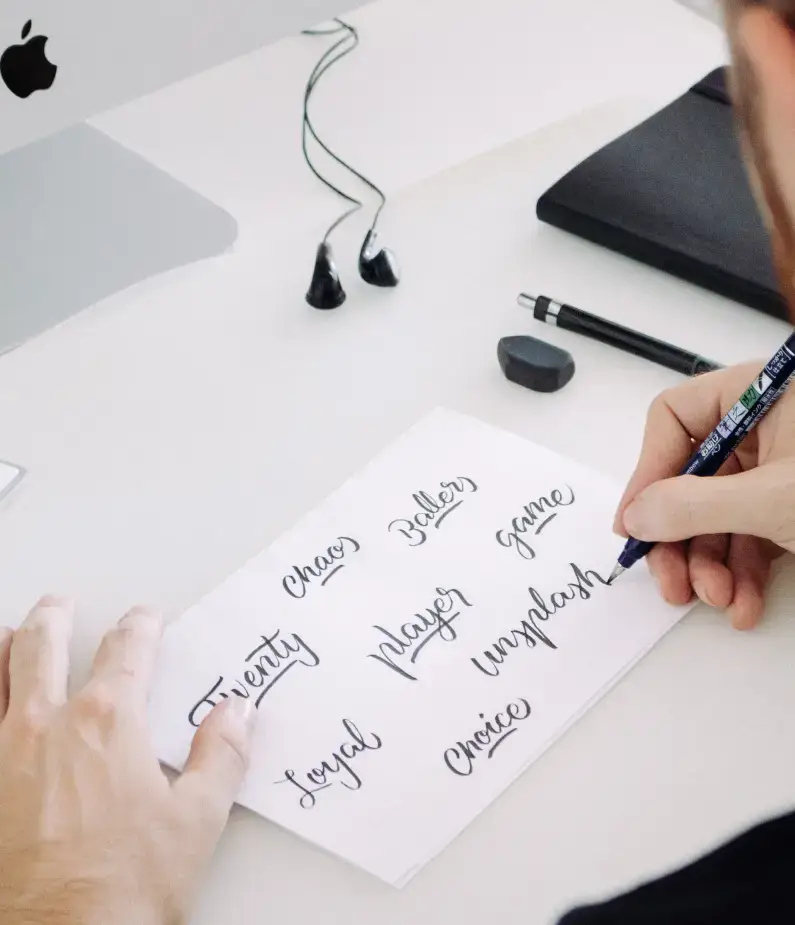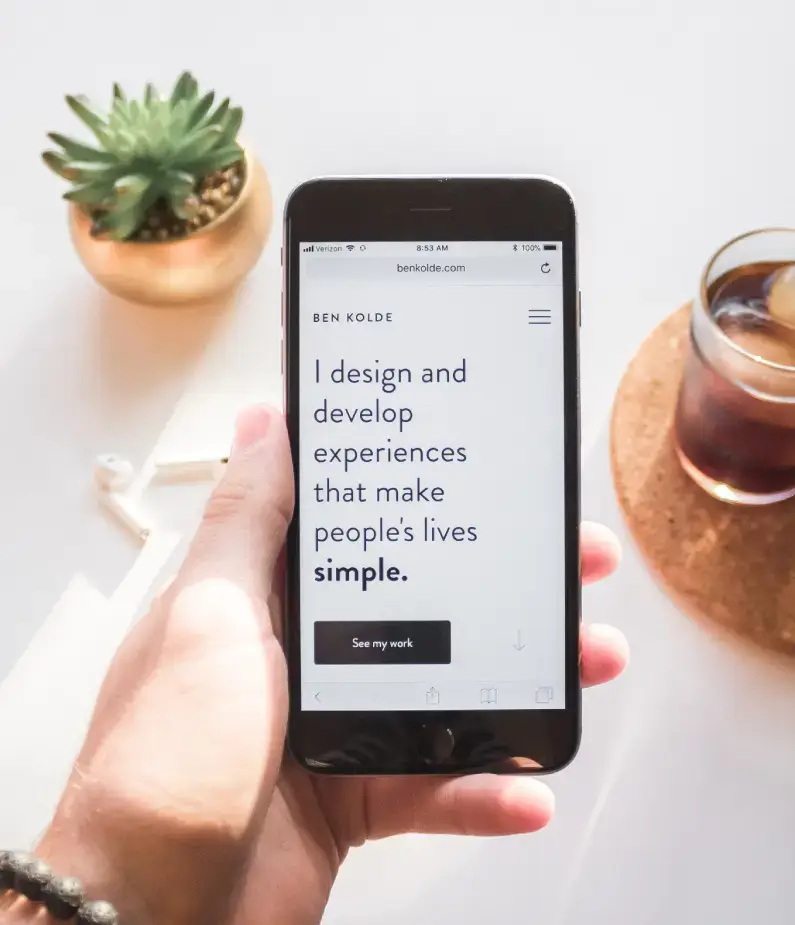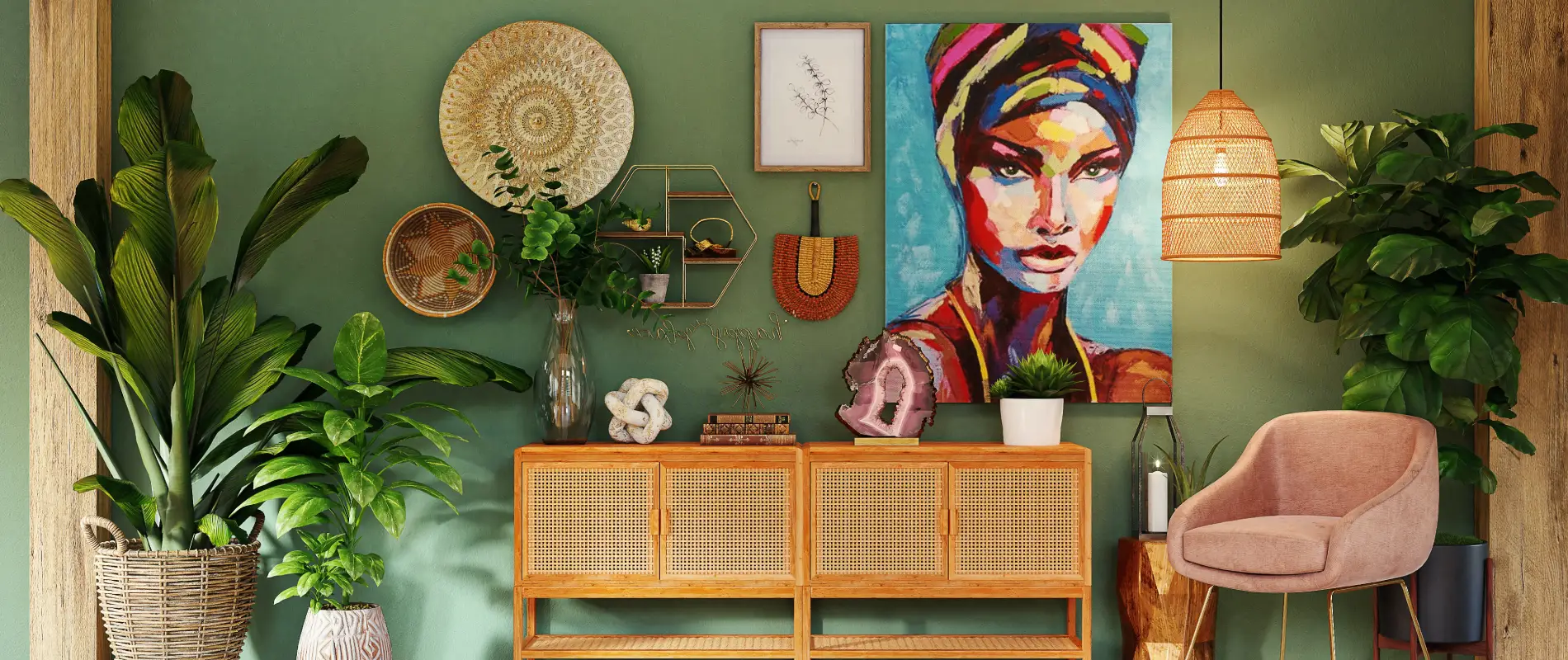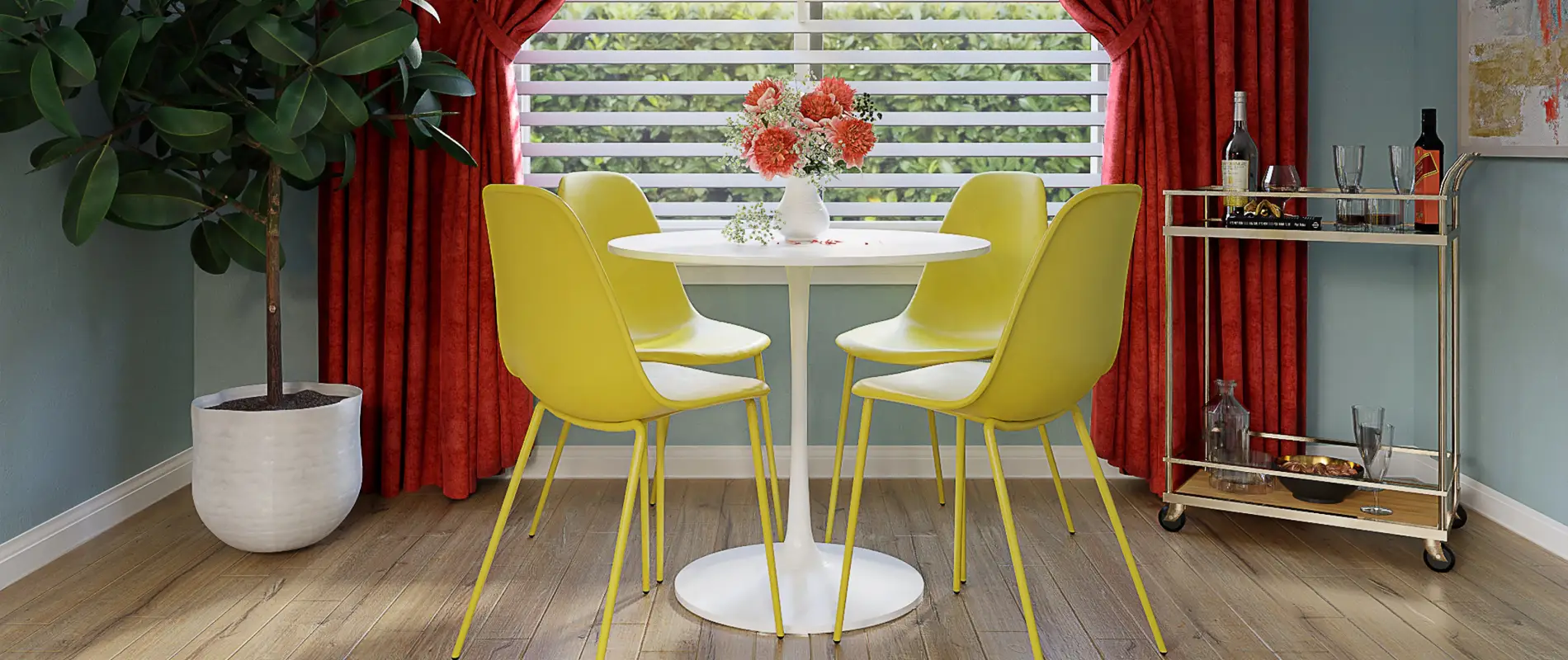Transform your WordPress site with a striking minimalist design!
Are you looking to elevate your site’s visual appeal? Consider transforming your WordPress website design with a breathtaking minimalist layout. This captivating example is both clean and incredibly effective!
Original design overview
Our minimalist layout features three neatly aligned columns, each showcasing an engaging image to highlight various aspects of your services. The header, “What we do,” sits above these columns, immediately drawing attention and setting a professional tone.
—
Layout analysis
Overall structure
Embrace a multi-column design that enhances organisation and visual interest with its systematic approach.
Arrangement
The three-image setup ensures that all elements align in a single horizontal row, creating a neat and ordered look.
Symmetry
The equal widths of the columns provide a balanced visual experience, with distinct content in each section for varied storytelling.
Element and feature description
Visible elements
- Header: The bold title “What we do” defines your page’s purpose immediately.
- Images: Each image portrays unique aspects of your design offerings, inviting interaction from users.
Typography
The eye-catching header uses a recognisable bold font style, perfect for grabbing attention.
Graphical elements
An underlined header adds emphasis, further engaging viewers.
Image attributes
Standard rectangular images integrate seamlessly into the polished look with no visible borders.
Unique design aspects
Standout choices
Intelligent use of a single header paired with distinct images delivers a cohesive message about your services.
Responsive potential
This straightforward layout is naturally adaptable for mobile devices, providing a great experience everywhere.
Accessibility
Strong contrast between text and background enhances readability, making it user-friendly for all visitors.
Overall design style
Design style
A minimalist approach emphasises clarity and simplicity, ideal for showcasing work without distractions.
Visual hierarchy
The header directs attention to your core message, while images serve as compelling support, driving engagement.
Use of white space
Generous white space fosters an uncluttered and serene viewing experience, helping your content shine.
10 ways to organise content in WordPress
Categories
Using categories helps you organise content by broad topics or themes, making it easier for visitors to navigate.
Tags
Tags provide a finer level of detail than categories, offering another method to link related posts.
Custom post types
Create custom post types for specialised content, like portfolios or testimonials, to organise distinct types of information effectively.
Pages
Utilise pages for static content such as ‘About’, ‘Contact’, and ‘Services’ to provide essential information.
Menus
Craft intuitive menus to guide visitors throughout your site, making navigation easy and efficient.
Widgets
Leverage widgets in your sidebar or footer to display popular posts, recent comments, or contact info.
Post formats
Use post formats to specify the structure of different blog entries, like videos or galleries, for varied storytelling.
Featured content
Highlight specific posts on your homepage to draw visitor attention to important or timely information.
Responsive navigation
Ensure your menus adapt to different devices and screen sizes for a seamless user experience.
Linking to relevant resources
Integrate links to related articles or external sources, like this one on WordPress navigation menus, to enrich user knowledge.
10 different types of content in WordPress
Blog posts
Blog posts are regular updates or articles that you publish to keep your site fresh and engaging for visitors.
Pages
Pages are used for static content, serving as the go-to sections for critical information like ‘About’ or ‘Contact’ pages.
Galleries
Photo galleries can showcase visual work or events, ideal for photographers or any image-focused content.
Videos
Embedding videos can provide dynamic engagement, whether through tutorials, vlogs, or event highlights.
Podcasts
Offering podcasts expands your content reach, catering to audiences who prefer audio content over written material.
Testimonials
Showcase client testimonials to build trust and credibility with new and potential clients.
Portfolio
A portfolio page enables creatives to display their work, from art to web designs, highlighting key projects.
eBooks
Offer downloadable eBooks as a valuable resource, driving engagement and conversion through informative content.
Case studies
Demonstrate your industry expertise with detailed case studies, showcasing successful projects or creative solutions.
Infographics
Use infographics to present complex data in a digestible visual format, fostering better comprehension and interest.
Conclusion
This minimalist design, featuring three aligned images under a striking “What we do” header, is ideal for any WordPress site. Its clear structure and effective use of white space make it suitable for displaying a creative portfolio or service offerings. Don’t miss out on transforming your website into a stunning representation of your brand. Explore options like WordPress website and WordPress website builder to get started today!






